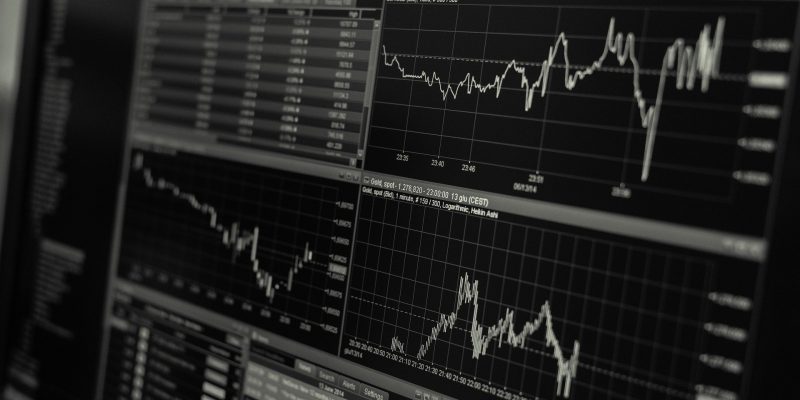Statistics released yesterday have shown that inflation rose at a faster rate across the United Kingdom, in December.
The trend occurred despite the lockdown restrictions that forced many non-essential shops to close.
Consumer Price Index (CPI) inflation grew from 0.3% in November, to 0.6% last month. CPI is the rate that measures whether the prices of goods, bought by households rise or fall.
Inflation affects what consumers can get for their money. When inflation is high, the value of money decreases.
The increase was slightly higher than the 0.5% forecast, which was predicted by many economists.
Why Did Inflation Rise?
The Office for National Statistics (ONS) has stated that the increase, for December, could be attributed to rising transport and clothes prices.
Chris Papadopoullos is a senior economist who works for the Official Monetary and Financial Institutions Forum (OMFIF).
He explained though that while the rate of inflation does fluctuate “there’s not really a consensus”, from economists, on what drives its growth.
He said: “I suppose over the last year or so what’s happened is a lot of the data has gone very weird.
“There are still big questions around what drives inflation. It’s quite an interesting debate that will probably continue over the next year or so.”
Despite the increase, there is expected to be little impact on consumers. Indeed, inflation still remains significantly below the Bank of England’s target of 2%.
What Can We Expect In The Future?
In the short-term inflation is likely to remain at a subdued level. This is largely because the majority of businesses have been forced to cease trading.
However, Chris believes that when lockdown restrictions start to be lifted inflation could begin to grow more rapidly.
He said: “When lockdown starts to ease you will get a lot of businesses like hairdressers or restaurants that will start to re-open.
“They will have a lot of backlogged payments that they will need to make good on, such as old taxes or old loans.
“There will also be less of these re-opening. Not every business that closed down is going to re-open. So they will be able to charge a higher price because they will have old costs that they need to repay.”
Read more from Buzz here:


 Former Cabin Crew member relishing new challenge after redundancy
Former Cabin Crew member relishing new challenge after redundancy